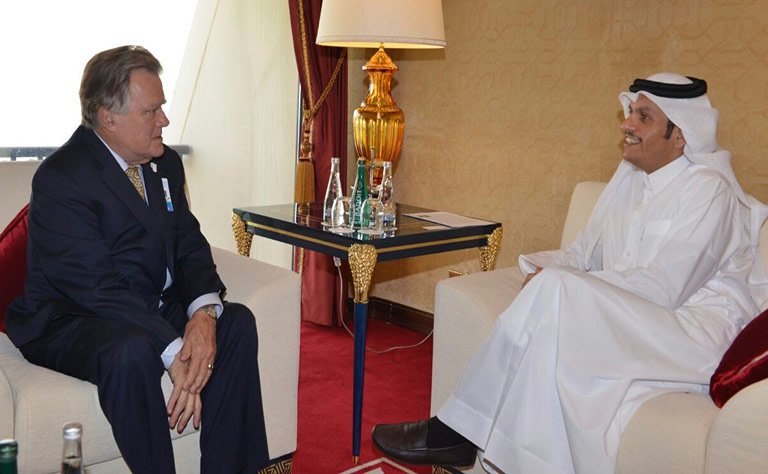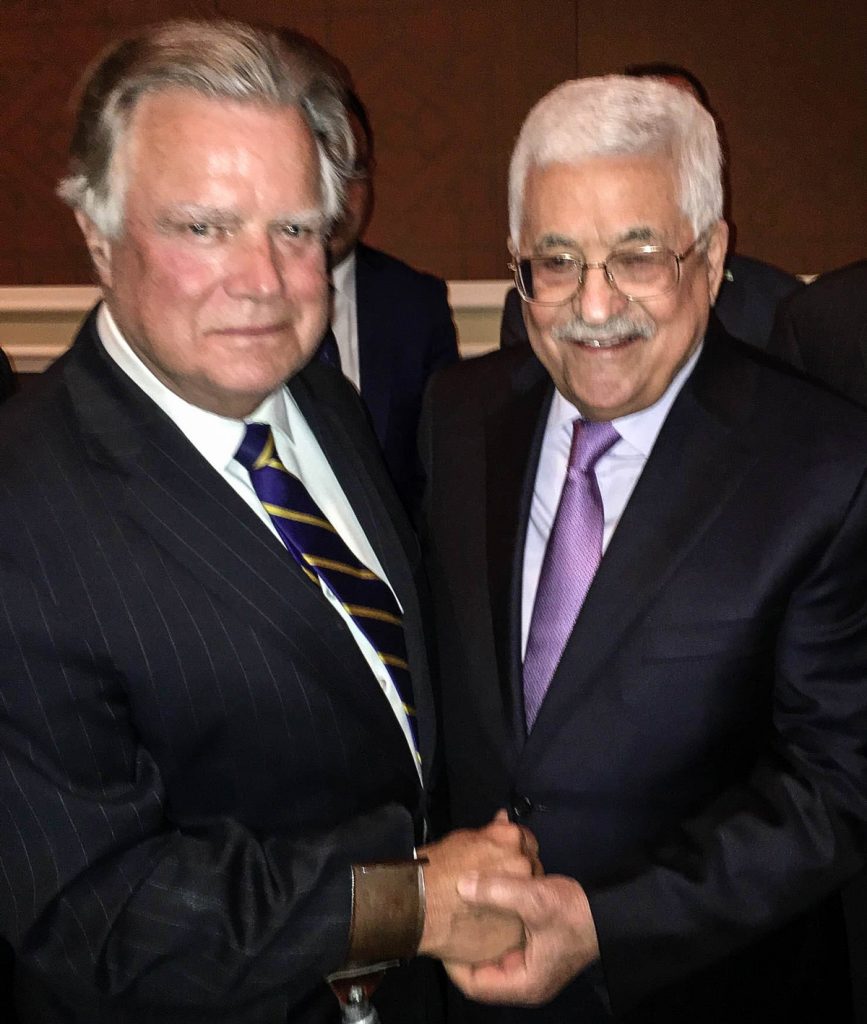Download as PDF
That the foreign policies of various governments often appear to be confusing or contradictory is because they frequently are. During Barack Obama’s presidency, such inconsistency has seemed to characterize aspects of America’s relations with the six Gulf Cooperation Council (GCC) countries – Bahrain, Kuwait, Oman, Qatar, Saudi Arabia, and the United Arab Emirates. The ambiguity and uncertainty that accompanies it is among the things that Obama has sought to dispel and clarify in the course successively of his March 2014 visit to Saudi Arabia, his May 2015 summit at Camp David with senior leaders of all six GCC countries, and his mid-April 2016 attendance at a similar meeting with leaders of the same countries. As this essay seeks to demonstrate, what he has had to contend with – and what others of late have had to contend with regarding aspects of his administration — in terms of background, context, and perspective has not been easy of resolution, amelioration, or even abatement.
Assumptions, Ambitions, and Abilities
Dating from before and since these high-level GCC-U.S. meetings, Washington has taken steps to strengthen and extend America’s overall position and influence in the GCC region. A principal means for doing so has been through the GCC-U.S. Strategic Dialogue.[1] But one example among several was when former Defense Secretary Chuck Hagel, along with Secretary of State John Kerry, came with approvals for billions of dollars in sales of U.S.-manufactured defense and security structures, systems, technology, and arms to GCC countries, together with long-term munitions and maintenance contracts.

President Barack Obama attends a U.S.-GCC summit in Riyadh, Saudi Arabia, in April 2016. Photo: Saudi Press Agency.
Yet, simultaneously, signals from Washington and the mainstream U.S. media before and since Obama’s meetings with his GCC counterparts have not always been as clear as the signalers thought would or should be the case. That said, what specialists have had no doubt about for some time is that the Obama administration is recalibrating the strategic focus of its international priorities in hopes of being able to accomplish two objectives at the same time. One objective has been, and continues to be, a steadfast resolve to remain committed to the security, stability, and prospects for prosperity in the GCC region. The other has been and remains a parallel determination to emphasize the Asia-Pacific regions.
Affecting the need for such a recalibration have been major U.S. budget reductions and their impact on strategic concepts, forces, and operational dynamics. At issue and under examination in this regard, according to the Secretary of Defense in advance of the most recent Quadrennial Defense Review (QDR), are, and for the foreseeable future will continue to be, America’s assumptions, ambitions, and abilities.
Understandably, the GCC region’s reaction to these trends and indications was and continues to be mixed.
Continue reading »







You must be logged in to post a comment.